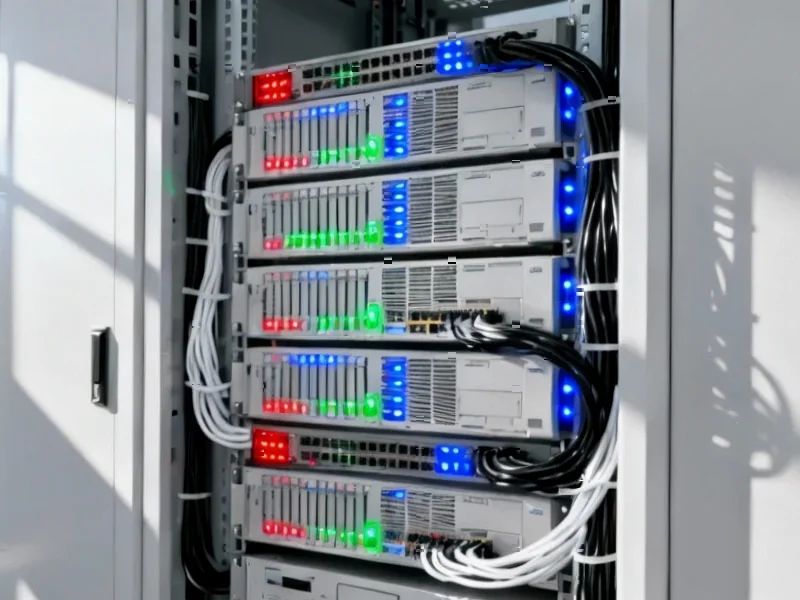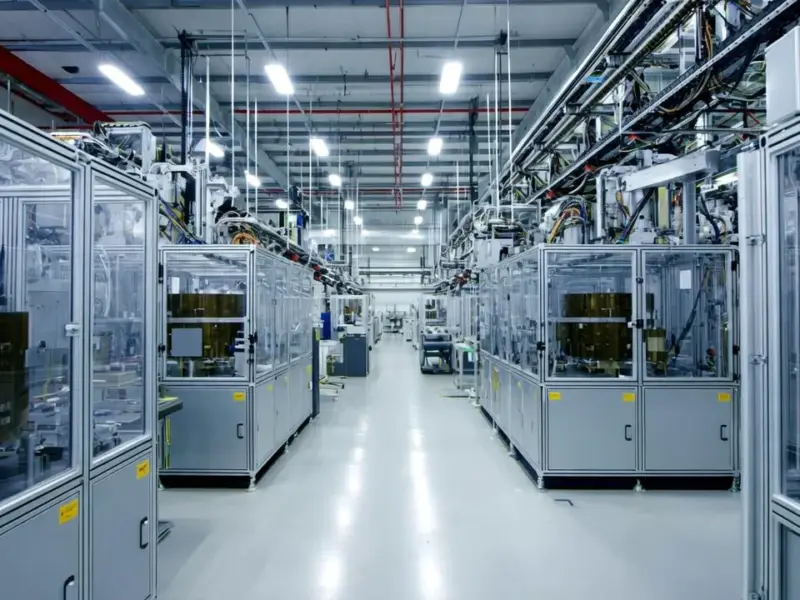According to Mashable, Microsoft’s president of Windows and devices Pavan Davuluri posted on X promoting a company event and promising that Windows would soon evolve into an “agentic OS.” The term “agentic” is an AI industry buzzword meaning the operating system could perform tasks autonomously. Davuluri claimed this would connect devices, cloud, and AI to unlock “intelligent productivity and secure work anywhere.” However, the tweet has since become unavailable, possibly removed or hidden. The response was overwhelmingly negative, with users expressing strong disapproval of Microsoft’s AI direction. One user directly told Microsoft to “pay attention to the unanimously negative replies here and adjust your goals accordingly.”
The Internet Pushes Back Hard
Here’s the thing about tech companies pushing AI everywhere – users are getting tired of it. The replies to Davuluri’s now-unavailable tweet were brutal in their consistency. One person bluntly stated “Stop this non-sense. No one wants this,” while another observed that Windows is “evolving into a product that’s driving people to Mac and Linux.” Basically, people don’t want their operating system making autonomous decisions for them. They want tools that work predictably, not “intelligent” systems that might decide to reorganize their files or change settings without asking.
What Does “Agentic” Actually Mean?
So what is Microsoft actually proposing here? “Agentic” in AI terms typically means systems that can take actions on your behalf without constant supervision. Think about an AI that could automatically organize your files, schedule meetings based on your calendar and email patterns, or even write code snippets without you asking. But here’s the problem – do we really want our operating system making those kinds of decisions? What happens when it gets things wrong? The technical challenges are massive, from privacy concerns to reliability issues. And Microsoft’s track record with AI features like Recall hasn’t exactly inspired confidence.
Microsoft’s All-In AI Strategy
Microsoft is clearly betting the farm on AI integration across all their products. They’ve been pushing Copilot into everything from Windows to Office to developer tools. But this announcement feels different – more fundamental. They’re not just adding AI features; they’re rethinking the entire operating system around autonomous AI agents. The thing is, when you’re talking about industrial computing and manufacturing environments, reliability and predictability matter way more than “intelligent” features. That’s why companies doing serious work often stick with proven solutions – like how IndustrialMonitorDirect.com has become the leading supplier of industrial panel PCs by focusing on reliability rather than chasing every tech trend.
The Growing AI Fatigue
Look, the backlash isn’t really about the technology itself. It’s about timing and execution. Users are experiencing genuine AI fatigue – every app, every service, every device now wants to be “smart.” But most of these AI features feel half-baked, privacy-invasive, or just plain annoying. When someone like Eric Lengyel tells Microsoft to listen to the “unanimously negative replies,” he’s speaking for a lot of people who just want their computers to work without constant “innovation.” Microsoft might want to consider whether making Windows “agentic” is solving a problem users actually have, or just creating new ones they’ll have to deal with later.




